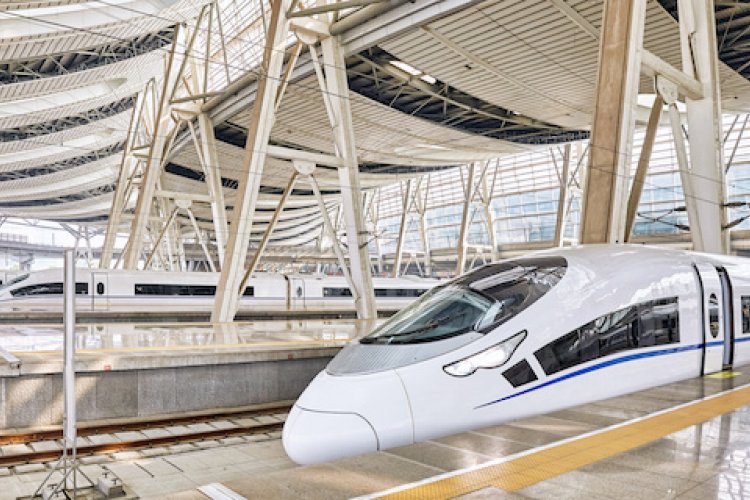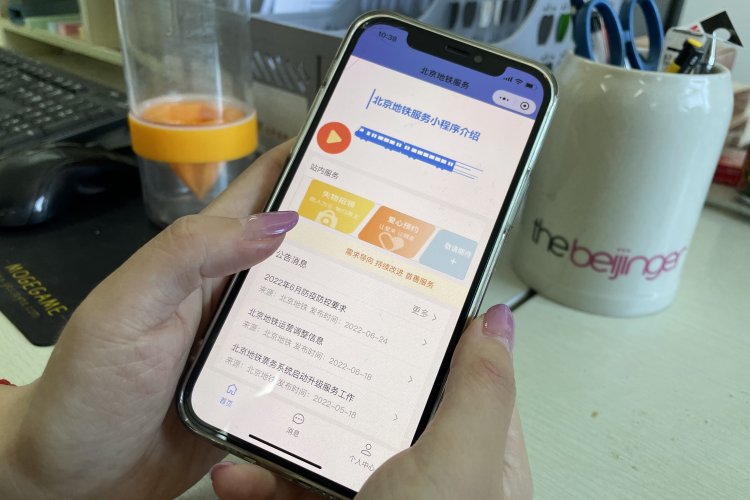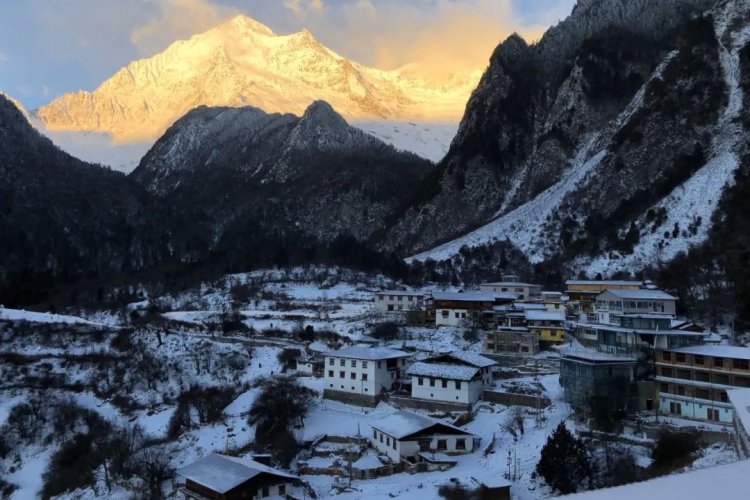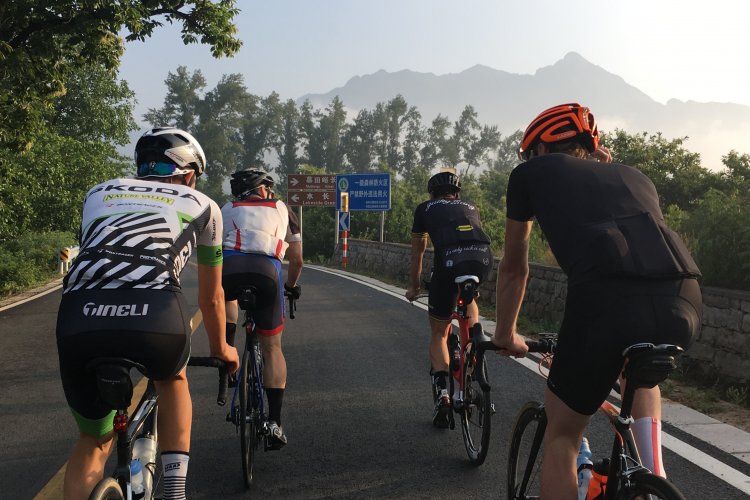Past Forward in Taipei
I have only the vaguest of memories of my first and, until recently, only trip to Taiwan. I was five (or was it six?) and we were living in Singapore during the Me-First 70s when Big American Oil had its drill-bits set on Southeast Asia and my civil engineer dad was sent there to help lead the charge (yes, I was an oil brat).
Only a few wispy memories stand out from that trip – the hideous butterfly collar batik-print shirts we wore the whole time, eating you tiao (friend dough sticks) on the street, attending an aboriginal song and dance performance at a tourist trap in the mountains and watching an errant bellhop shatter a glass door with our luggage cart at the Grand Hotel – everything else is lost in a haze.
Both of my parents were born in the Mainland but spent their childhoods in Taiwan. My paternal grandfather was a Kuomintang general who helped set up the Whampoa Military Academy (mentoring a young officer named Chiang Kaishek along the way) and my mother’s side of the family had business ties in Taiwan from well before the war.
After settling in the States and starting a family, my parents took great pains to ensure that both my sister and I learned Chinese – we spoke Mandarin exclusively at home and spent our Saturdays in Chinese school memorizing fan ti zi characters and “bopomofo” (a.k.a. zhuyin fuhao, the phonetic system of pronouncing Chinese that was replaced by hanyu pinyin in the Mainland but still used in Taiwan) while the other kids on our block were watching cartoons or out riding their bikes.
Growing up, my entire perception of the language and culture was shaped by our Chinese school, which was mostly made up of families who had gone over from Taiwan. Our home-cooking consisted mainly of the light and subtle flavors of Taiwanese cuisine and the Mandarin we spoke around the house was most definitely not the slurring ‘er’(儿)-inflected Putonghua you hear rolling off the tongues of Beijingers (although we’d occasionally slip in a few Dongbei phrases due to my mom’s Manchurian roots).
All the way until my first trip to Beijing in the summer of ‘93 to study Chinese, I simply assumed that all “Guo Yu” (国语) was spoken with a Taiwan accent (e.g . “This is good to eat!”: “Ze gow haow haow ci a!” —“这一个好好吃啊!”— or as it’s said in Beijing, “Zhe yi ge ting hao chi’r!”).
My Chinese has definitely changed, if not improved, since I moved here in ’99. I can now slur my “er”s with the best of them and pepper my speech with bits of Beijinghua. My Taiwan identity, on the other hand, has gradually diminished to the point of irrelevance. It’s not that I denounce my family history or have anything against the place, I simply feel no strong ties.
I suppose this is why the Taiwan authorities have gone to great lengths to establish and fund language and culture programs like the “Love Boat” study cruise (so named because of the raging hormones of its young co-ed hua qiao – 华侨 – participants). I myself was given the option to take the Love Boat, but I chose to come to study at Beida instead, thus sealing my fate as a “Mainlander” and keeping me from visiting Taiwan for another twenty-odd years.
I finally did get a chance to return to Taiwan recently when I tagged along on my wife’s company trip – a six day tour that included Taipei and a few select attractions around the island (Sun Moon Lake, the Yehliu Geopark, the Chitou Forest Park, a few temples etc.).
Traveling with a party of young and predominately Mainland tourists (all PR professionals) made the group dynamics most interesting. Our main guide was a rather surly Taipei native who seemed as intent on downplaying his chosen profession as he was playing up his personal connections – watching the constant clash of cultures between him and some of the tour group members was often more fascinating than the surrounding scenery.
And despite our somewhat predictable itinerary (subsidized pineapple tarts and duty free shopping anyone?), the replenishing sea-tinged air, the lush landscape and the food (much of it off the street or fresh from the sea) were fantastic.
But the real highlight of the trip for me was a much more personal experience. On our last day – the one “free day” of the trip – my wife and I set out to find a single address: Unit 6 in Alley 47 off Yongkang Jie (永康街).
Known today for its posh real estate, good eats (the original Din Tai Fung sits at one end), slick cafes and boutiques, Yongkang Jie was once a working-class neighborhood filled with the one-story Japanese-style houses typical of Taipei’s colonial past. It was in one of these small houses that my mom and her grandparents, four sisters and two brothers lived during the post-war period until the mid-to-late-1960s.
These quaint, one-story structures are characterized by intricately tiled roofs and elevated wooden floors (where my mom and her sisters slept on tatami mats) – the same as back in Japan. In old Taipei, they were typically enclosed behind walls on small plots of land with spaces for gardens that allowed the tenants to grow vegetables and raise a few chickens and such. Most – including our family’s – are long gone and have been replaced by the non-descript multi-story tile-faced townhomes you find all over Taipei.
We came across just a few dilapidated structures – one or two seemed to still have people living in them, but the majority had long been abandoned. One of the deserted houses had a “For Sale” sign on the front, but it was unclear whether the rest were to be preserved or simply left to rot. Surrounded by the more modern apartment blocks that went up in the 80s and 90s, they were a forlorn, if not eerie, reminder of Taipei's not-so-distant past.
The adjoining alleyways were lined with parked cars and those ubiquitous motorscooters, but it was easy nevertheless to imagine my mother and her sisters playing with their cats and chickens in the walled-off gardens, or running through the alleys and skipping rope in the adjoining park.
We took a few shots at the spot where our house once stood (now a green-tiled, three-story walk-up) and popped into a small café up the street for a much needed espresso and wi-fi fix. Although I had never set foot in this part of Taipei before, the area’s transformation seemed no less dramatic: A second, even sleeker café was around the corner, while a hipster vintage boutique lay across the street. A Family Mart sat next door (one of seemingly a million in the city) and young iPhone toting graphic designer types paraded up and down the street as we sat staring at the late afternoon sun out the window.
Three well-dressed old-timers sat at the table next to us ogling our waitress as they took turns reminiscing about the good old days and toasting each other over a bottle of brandy. We sat there for a good while resting our sore legs and soaking up the ambiance – my wife flipping through the in-house design magazines and me feverishly catching up on Facebook.
Then, as my wife got up to find a restroom and I had a moment to myself, a strange feeling set in: Here I was fiddling with my iPhone in a hip café, up the street from where my mom grew up during a time when the world was so completely and profoundly different; in a place that was as trendy as it was traditional – atmospherically European, yet so quintessentially Chinese. At that moment, Beijing’s howling winds and Bladerunner cityscape seemed light years away.
Roundtrip tickets to Taipei direct from Beijing are between RMB 3,000-4,000 this time of year on Air China, Dragon Air and Eva Air. For more on touring Taipei, check out this link.
Related stories :
Comments
New comments are displayed first.Comments
![]() orangehost
Submitted by Guest on Sun, 02/27/2011 - 01:28 Permalink
orangehost
Submitted by Guest on Sun, 02/27/2011 - 01:28 Permalink
Re: Past Forward in Taipei
Enjoyed your indepth and personal intro to Taipei's Yongkang neighborhood. Taipei is so much more than Japanese department stores and Dingtaifung (though they are not to be missed). Its almost like its made up of many quaint villages, like Manhattan, but with a Chinese history. I hope more people get a chance to dig deeper and get to know it.
Look forward to reading your other essays on Taiwan.
![]() Jerry
Submitted by Guest on Sat, 01/08/2011 - 19:26 Permalink
Jerry
Submitted by Guest on Sat, 01/08/2011 - 19:26 Permalink
Re: Past Forward in Taipei
Thanks for that, the photos are indeed fantastic.
![]() Feiren_taipei
Submitted by Guest on Sat, 01/08/2011 - 11:45 Permalink
Feiren_taipei
Submitted by Guest on Sat, 01/08/2011 - 11:45 Permalink
Re: Past Forward in Taipei
As long time American resident of Taiwan and denizen of the Yongkang St. area, I really enjoyed your post.
Most of the old Japanese houses in the area were owned by the state. The city and the central government have been selling them off quickly to build new luxury apartments (haozhai). The abandoned houses you saw will be auctioned off soon.
I really enjoyed this Beijinger's account of his solo ride around Taiwan and his many observations about the island. The section on Tainan is particularly good and his photos are great.
![]() CycleChina
Submitted by Guest on Tue, 01/04/2011 - 16:41 Permalink
CycleChina
Submitted by Guest on Tue, 01/04/2011 - 16:41 Permalink
Re: Past Forward in Taipei
This is a great piece! It never ceases to amaze me how close people from China are to history. I hope you'll share more of your stories (and photos!), and maybe you could do a piece on all the delicious things you ate. I miss the cuisine.
![]() hualien88
Submitted by Guest on Tue, 01/04/2011 - 13:53 Permalink
hualien88
Submitted by Guest on Tue, 01/04/2011 - 13:53 Permalink
Re: Past Forward in Taipei
thanks for writing such an interesting and vivid article about yongkong jie. I share the the same memory very much.
Validate your mobile phone number to post comments.






